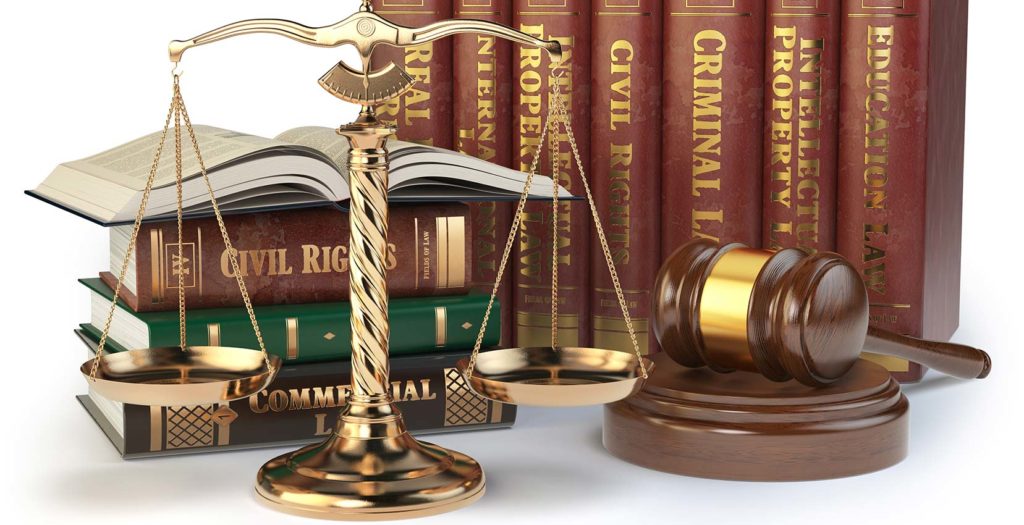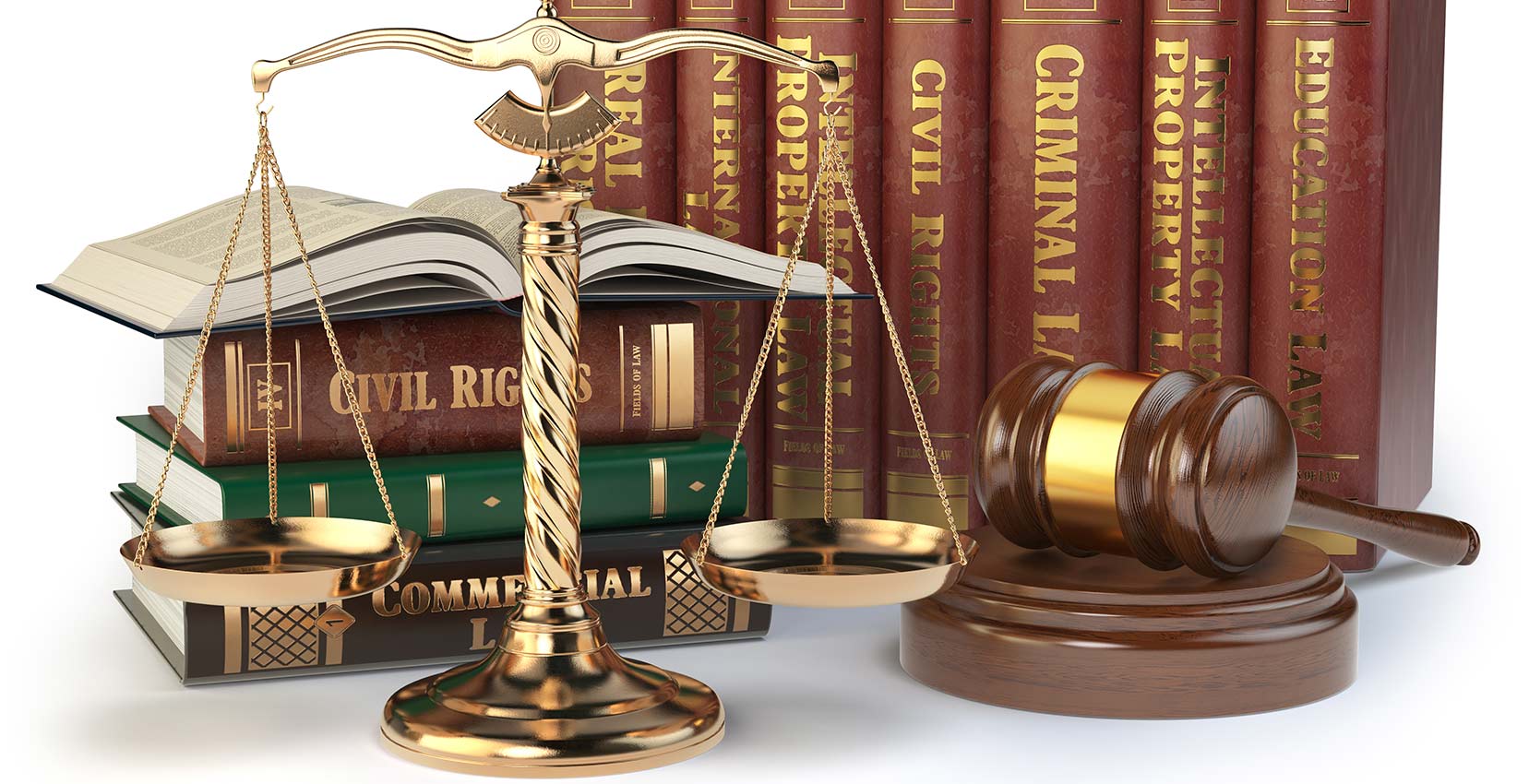Remove a Felony with a Pardon from the Governor of Michigan
A pardon blots out the conviction so that, in the eyes of the law, the offender is as innocent as if he had never committed the offense.

Felony Pardon from the Governor
Michigan’s Governor may pardon a conviction under their “executive clemency” powers. A felony pardon from the Governor of Michigan completely wipes the conviction from an individual’s criminal record. Michigan’s constitution grants the Governor the power to pardon felony and misdemeanor convictions. Section 14 of Article V of the Michigan Constitution of 1963 provides:
The Governor shall have power to grant reprieves, commutations and pardons after convictions for all offenses, except cases of impeachment, upon such conditions and limitations as he may direct, subject to procedures and regulations prescribed by law. He shall inform the legislature annually of each reprieve, commutation and pardon granted, stating reasons therefore.
This section of the Constitution permits Michigan’s Governor to grant reprieves, commutations, and pardons. A reprieve doesn’t void a conviction but stops a court from imposing a sentence. A commutation reduces a sentence and results in an early release from prison. A pardon makes a conviction appear as if it never happened.
What is the process to get a felony pardon from the governor?
Requesting a felony pardon from the Governor or clemency starts with filing a petition with the Parole Board of the Michigan Department of Corrections. A person requesting a pardon must use specific forms and applications; however, an experienced defense lawyer would know how to draft and include a custom petition supporting a pardon or clemency request. A custom petition combines a biography and a personal sales brochure. The attorney advocates for the pardon or clemency by creating and filing a formal, written memorandum that accurately, credibly, and persuasively tells the petitioner’s story and explains why the relief requested should be granted.
Although the Parole Board will review a pardon application for merit, its function is to make a recommendation to the Governor. The parole board does not make any “decision.” The governor makes the final decision on whether to grant an application for parole. When the Governor’s office makes a decision, the applicant will receive a written decision from the Governor’s staff.

Steps in the Pardon Process
Here are the steps in the process when requesting a felony pardon from the Governor:
- After receiving the application for a pardon, the Parole Board has 60 days to begin an investigation.
- Within 10 days, the Parole Board must provide the sentencing judge and the prosecutor with written notice of the filing of the application or initiation, with copies of the application, any supporting materials, and a summary of the case.
- The judge and the prosecutor have 30 days to file any response to the application.
- The Parole Board must complete its investigation within 270 days.
- If the Parole Board finds that the application for a felony pardon from the governor has merit, it must conduct a public hearing within 90 days. The parole board must hold a public hearing before a formal recommendation is transmitted to the governor.
- No fewer than 30 days before conducting the public hearing, the Parole Board provides written notice of the public hearing by mail to the attorney general, the sentencing trial judge, and the prosecuting attorney. Additionally, the parole board or prosecutor notifies each victim who requested notice.
- The prisoner and the government can call witnesses at the public hearing, and a victim must be allowed to address the Parole Board or submit written testimony.
- If the Parole Board recommends a pardon, it will submit its recommendation in writing to the governor by majority vote.

Why is it essential to get the petition done right the first time?
It is critical to ensure the petition and application for felony pardon from the Governor are done correctly, without errors, fully documented, and include all information supporting the relief request. Suppose an inexperienced lawyer or self-represented person files an inadequate petition for a pardon that gets rejected. In that case, they cannot file a new petition for two years under most circumstances. Aside from having to wait two years, the bigger problem is that any subsequent petition will have to convince the Governor that a pardon is justified and overcome the deficiencies in the previous petition. Because attempting to get a second or subsequent request for a pardon is unlikely, the stakes are high when trying it for the first time.
What is the effect of a pardon?
A felony pardon from the Governor is different than an expungement. An expungement, or setting aside a conviction, removes a conviction from public records. The conviction remains on nonpublic records accessible to some governmental agencies and law enforcement. On the other hand, a pardon completely wipes away any record of a conviction as if it never happened. Any civil rights lost due to a felony conviction, like the right to vote, sit as a juror, and possess firearms, are fully restored following a pardon. Some offenses are not subject to expungement; however, a governor’s pardon can remove them, such as OWI 2nd or 3rd (OWI first can be expunged), homicide, life-maximum felonies, etc.

What is the best way to request a pardon from the governor?
The best way to proceed is with the assistance and expertise of an experienced attorney. The Defense Team with LEWIS & DICKSTEIN, P.L.L.C. has decades of experience advocating for clients and winning, even against all the odds. No lawyer can guarantee any result, and the Governor’s office denies most applications for pardons. The best thing a lawyer can do is file the most persuasive petition possible and take measures to increase the odds of a favorable decision by the parole board and the Governor. A felony pardon from the Governor of Michigan is possible, but only the most persuasive, compelling petitions have a chance. We can help give you the best odds of success.
Call us today at (248) 263-6800 for a free consultation or complete an online Request for Assistance Form. We will contact you promptly and find a way to help you.













